The Rolls-Royce Phantom III, launched in 1936, stands as a monumental achievement in automotive engineering and design. It was the first Rolls-Royce to be powered by a V12 engine, setting a new standard for the brand and influencing every model that followed. This car is also significant as the last major design overseen by Sir Henry Royce before his passing in 1933, adding a layer of historical poignancy to its legacy.
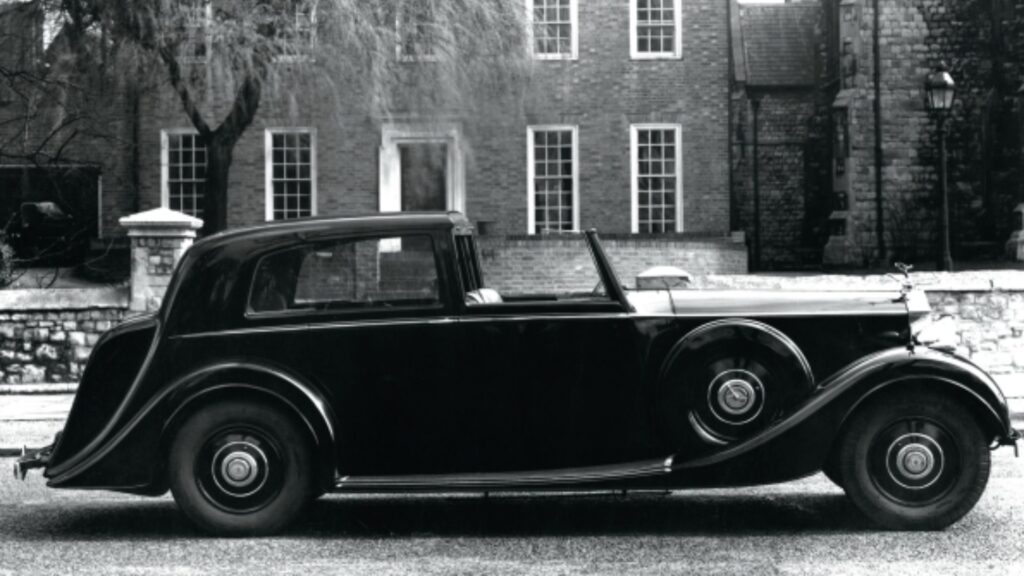
The introduction of the Phantom III marked a significant shift for Rolls-Royce, moving away from the limitations of the large-horsepower, in-line six-cylinder engines. Sir Henry Royce recognized that to remain competitive against American luxury car manufacturers, who were already producing vehicles with more powerful V8, V12, and V16 engines, a new approach was necessary. Drawing on his extensive experience with V12 aero engines, Royce developed a 7.3-liter V12 engine for the Phantom III, which delivered an initial output of 165 horsepower, later increasing to 180 horsepower. This was a substantial leap from the 120 horsepower of its predecessor, the Phantom II.
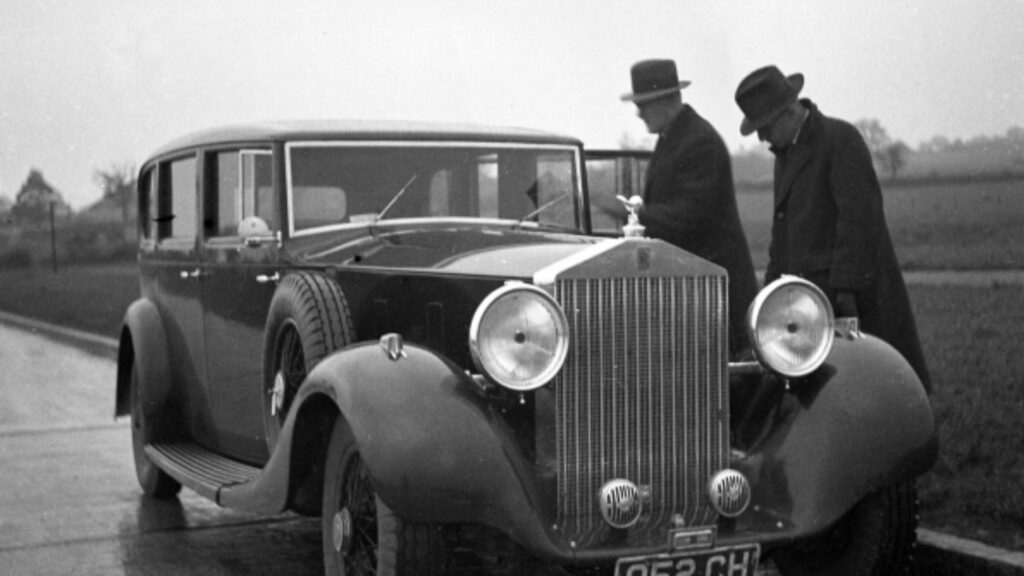
The chassis of the Phantom III was equally groundbreaking. Royce introduced independent front suspension, significantly enhancing ride comfort and steering control. The design incorporated numerous smaller engineering advances that reduced noise, vibration, and harshness, making the Phantom III one of the quietest and smoothest-riding cars of its era. When paired with lightweight coachwork, the car was capable of reaching speeds of up to 100 miles per hour, an impressive feat for the time.
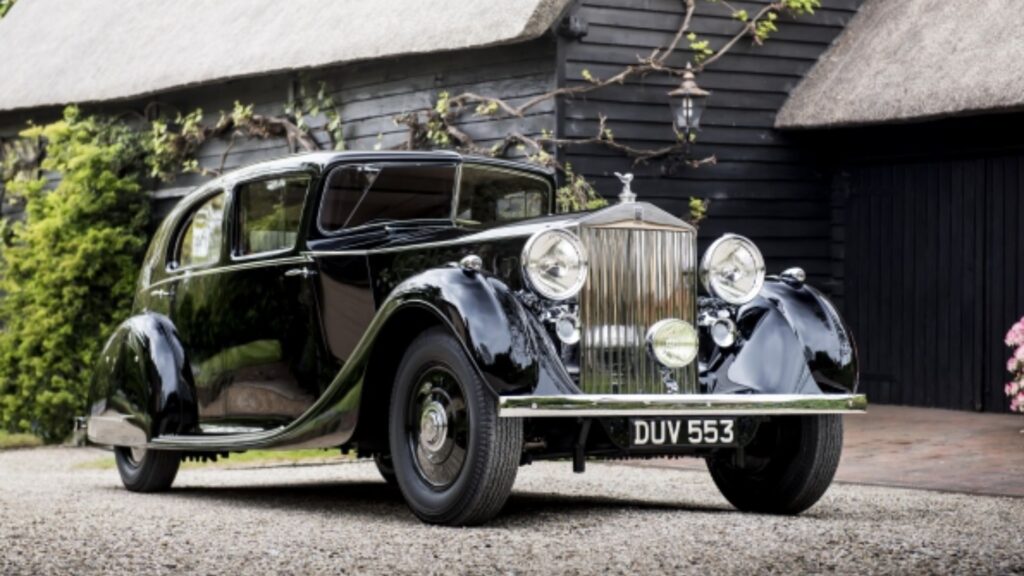
Although Royce did not live to see the Phantom III’s production, he witnessed the completion of its experimental versions. Between 1934 and 1937, ten experimental Phantom IIIs, codenamed Spectre, were built. The name Spectre has been revived in Rolls-Royce’s first all-electric model, continuing the legacy of innovation.
The first production Phantom III, with a body by H. J. Mulliner, was delivered in August 1936. A total of 710 units were produced before the outbreak of World War II halted production. The last Phantom III was purchased in June 1940. After the war, Rolls-Royce shifted its focus to more practical models, recognizing that the market for such a grandiose vehicle had changed.
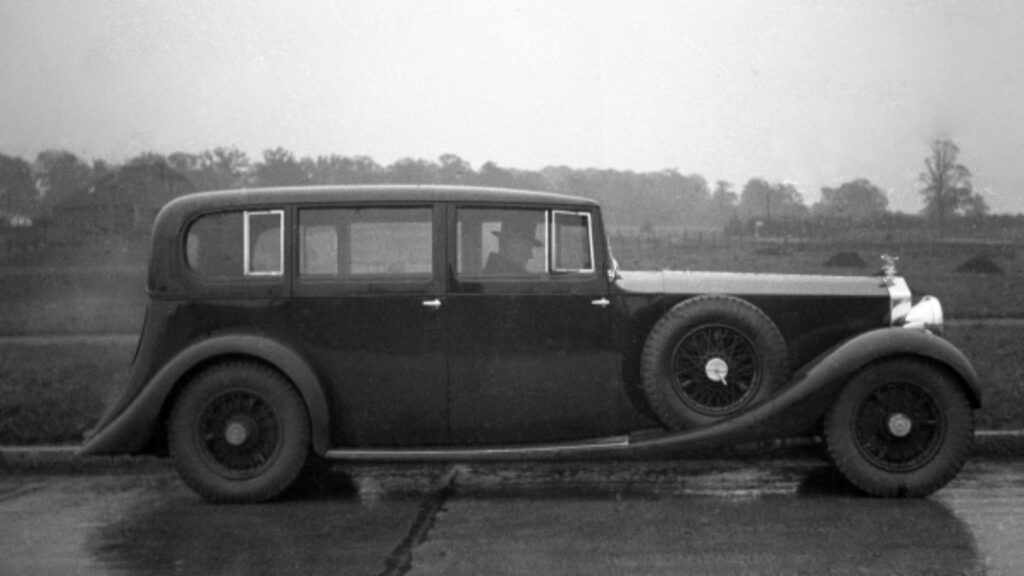
Despite its short production run, the Phantom III’s influence is enduring. Its design and engineering innovations set the foundation for future Rolls-Royce models, maintaining the standards of quality and refinement for which the brand is known. The Phantom III remains a testament to Sir Henry Royce’s visionary talents and the timeless excellence of Rolls-Royce motor cars.
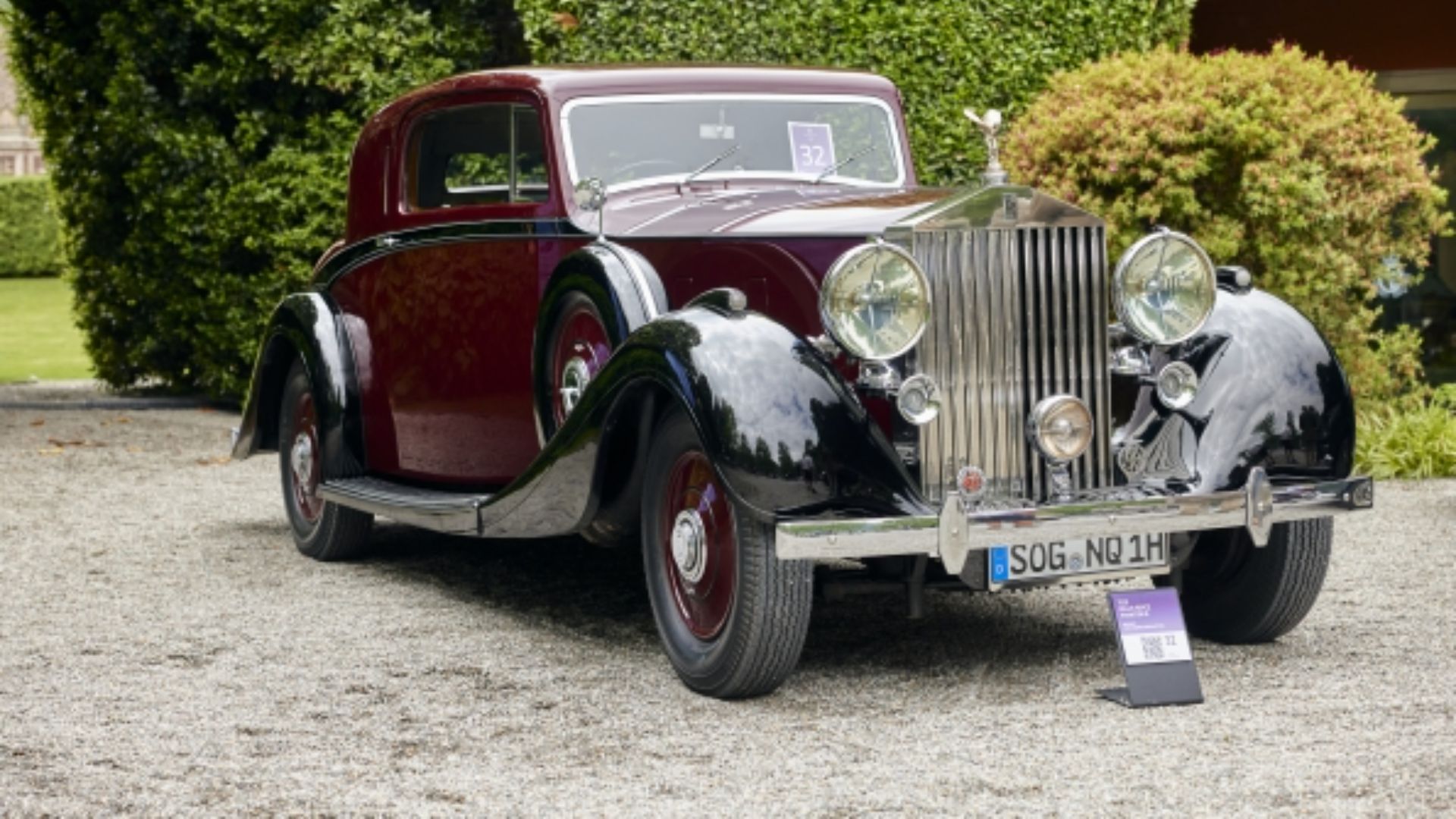
[…] historic 1963 Rolls-Royce Phantom V, which served as Queen Elizabeth II’s royal limousine during her tours of New Zealand, is […]